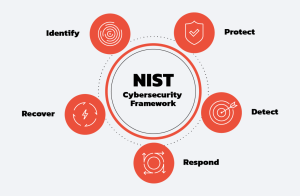For the post of National Security Adviser, the new president Donald Trump has plans to elect Michael Flynn, who believes that the government is falling behind on cyber security.
Trump named Flynn to his cabinet on Friday after the former military intelligence leader acted as the top military adviser to Trump’s presidential campaign. Flynn posses strong cyber security views and also worked as a director of the Defense Intelligence Agency and has served in U.S. intelligence operations in Afghanistan and Iraq.
In an online speech in 2014, he said “We have competitors out there that are rapidly catching up with us”. According to him, U.S. cyber capabilities are “underwhelming”.
In 2014, after retiring as a general, he started a consulting firm called Flynn Intel Group that specializes in preventing cyber threats for clients. In an interview last December, regarding the rising threat to the US cyber territory, he said “It is stunning how often nation-states such as China, Russia or Iran, or transnational criminal organizations, attack our networks. It’s something we are frankly not prepared for”.
In an election campaign, Donald Trump said “the U.S. government needs to be ready to use its offensive cyber weapons in response to attacks from other nations”. To deploy such strategy, Donald Trump has selected Flynn to use state’s offensive cyber weapons in response to hacking attempts from other nations.
In the same interview with Flynn, he also discussed overhauling the way the U.S. approaches cyber-security, given the rapid changes to the IT industry. He called for a “storyteller-in-chief” who can explain to the public complicated cyber matters in a way everyone can understand.
He also advocates a task force that would meet frequently to discuss new legislation and policies on technology. Leaders from the private sector as well as federal and state government would participate in the task force.
“We cannot win playing on one side of the playing field, on the defensive end,” Flynn said. “You are only going to win if you go on the offensive once in a while.”
According to him, by using offensive cyber weapons against such nations can save US from falling behind on cyber security. However, experts have said a key challenge in retaliatory cyber attacks is attribution. Accurately pinning down the true culprit in any hacking attempt is often difficult.
























